Toumani Diabaté – Kôrôlén

Grammy-winning kora master Toumani Diabaté brings a unique style of African music to the forefront in his latest release – what he calls “a mystic and classical side”. When partnered with the European heritage of the London Symphony Orchestra and conductor Clark Rundell, the result is stunningly beautiful. The collaborative effort, commissioned by the Barbican Centre, was first performed at the venue in 2008. Now an album, Kôrôlén (meaning “ancestral” in Mandinka) introduces a rich aspect of African culture never seen by many, revealing an exquisite musical genre.
Diabaté’s artistry as a kora soloist is based on the role of the traditional West African griot or jeli, a poet, musician and storyteller of high rank as advisor to royalty. Accompanied by acclaimed Malian musicians, the performer presents his creations for the first time with a symphony orchestra and with the first solo rendition on the instrument.
Light and upbeat, like sailing in sunshine or a peaceful country walk, first track Haïnamady Town dances softly with gentle delicacy, then becomes melodic in perfect symmetry with the orchestra’s rising tones, highlighted by diaphanous flute and cello. The African virtuoso’s kora, a type of harp, exudes a guitar-like sound and its Neoclassical mode has an international flavour – reminiscent of Spanish, Russian, Greek or Far Eastern music, though completely unique.
Scintillating, innovative and more contemporary, Mama Souraka is an intriguing duet with kora and strings, then soaring oboe. Diabaté’s rendering calls to mind Flamenco guitar, then becomes softer, accompanied by lush violins.
Elyne Road emerges with sublime symphonic rhythms, then romantic, melodic kora – pastoral, sunny, happy – intertwines like rivers with meandering orchestra, followed by ethereal flute. With an Indian, then Spanish quality, the kora’s haunting timbre is joined by sweeping strings hinting at early 20th-century classical, and gently fades.
A winding kora solo with dominant notes begins Cantelowes Dream, followed by the theme from The Good, The Bad and the Ugly, leading to a kora/symphonic duet. Evoking an aura of Italian cinema, the tempo elicits an image of riding horseback along prairie grasslands. This evolves to soft, pensive, harmonious flute and kora, which echo each other in a stunning interplay, summoning visuals of butterflies and flowers, bees and wildlife, before cello and sumptuous waves of sound rise and finally softly subside.
The dramatic symphonic opening of Moon Kaira resembles a theme from a 1950’s Broadway musical, while the kora is more muted as the orchestra becomes louder. Starting theatrically, then becoming filmic and expansive, the sprightly piece soars, followed by a sudden emphatic, abrupt conclusion.
The final work Mamadou Kanda Keita, which is like a continuation of Moon Kaira but faster in pace, is the only track to feature vocals. The powerful, soaring, haunting singing may seem familiar to western ears, containing hints of several national musical styles. Is it cultural empathy, or does it show how intricately civilizations are connected? Certainly in Kôrôlén, the combination of classical African, Western and Neoclassical styles produces an incredible result, representing the type of cultural cohesion needed on our planet today.
Catherine Sedgwick
Photo: Aboubaker Sidick
Kôrôlén is released on 23rd April 2021. For further information or to order the album visit Toumani Diabaté’s website here.
Watch the video for Haïnamady Town here:

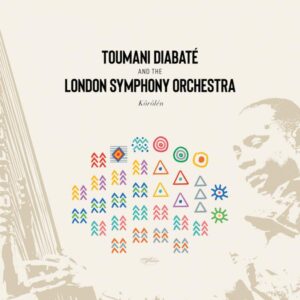
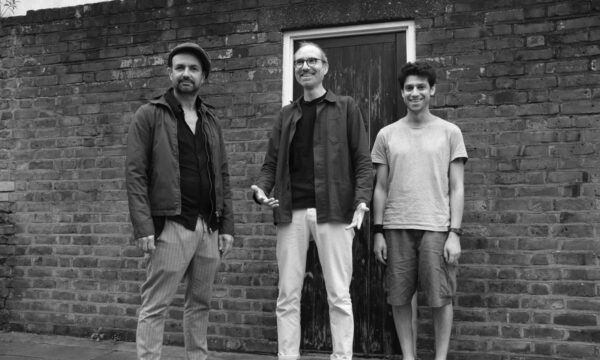
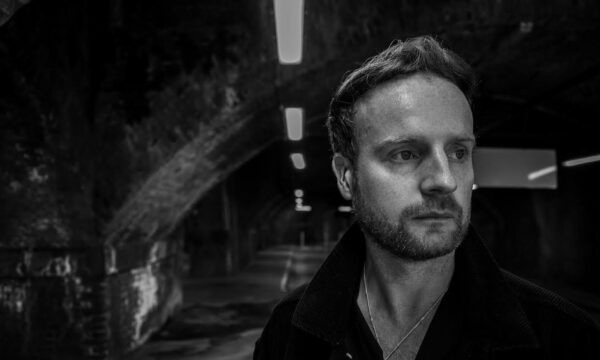
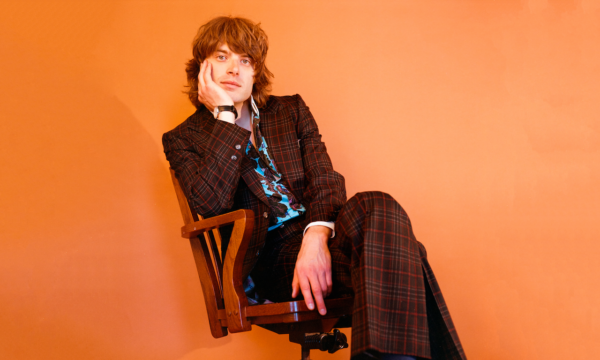

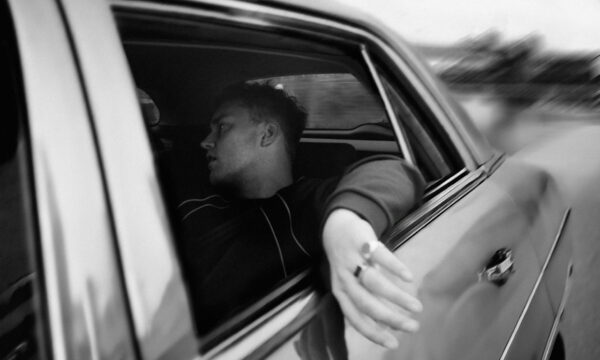
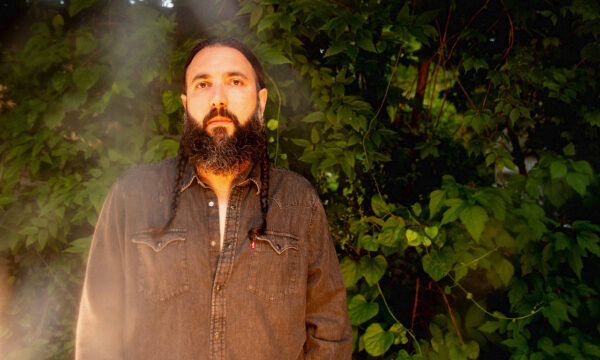
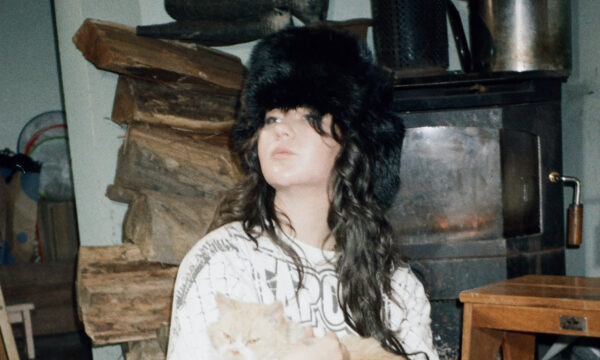
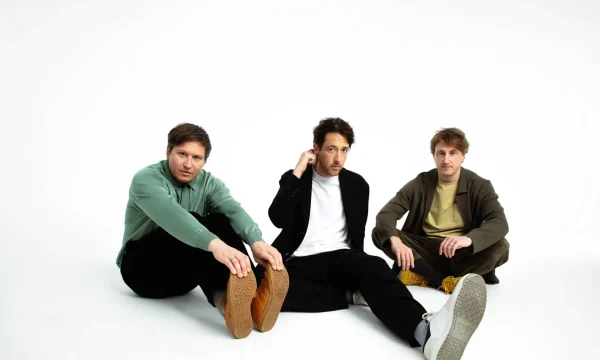
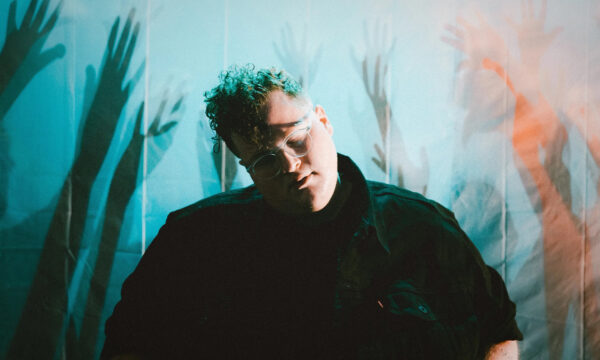
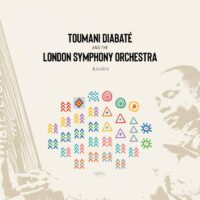














Facebook
Twitter
Instagram
YouTube
RSS